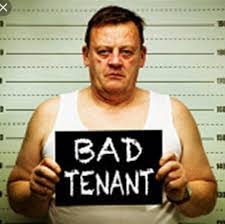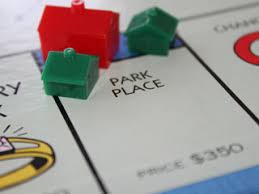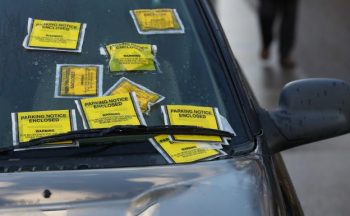 September 2020
September 2020
Keeping your condo in good condition is a prerequisite for renting it at top price and eventual sale. Nobody will pay top dollar for a unit in lousy condition. Since not all renters have this priority, it is important to share your expectation with tenants.
Be Direct
When showing the unit to a potential renter, explain that your lease includes clauses for damages caused during a tenancy along with fees or penalties. Have tenants sign a damage waiver making them responsible for damage or loss occurring during their tenancy. Provide a list of common damages including penalties or fees that will be charged to them. Include a fee for each individual violation. Common damages should not include general wear and tear such as chipped paint and holes from hanging pictures. Providing this list in advance, and including it with the lease, simplifies dealing with these issues later on.
No list of damages and fees will be complete. As tenants pass through your unit, update your list of damages and costs. Adjust for cost increases. Common damages to include in your list:
- Broken plates and glasses
- Damaged faucets and fixtures
- Water or other damage to walls, floors, doors and cabinets
- Damaged appliances
- Holes drilled into walls without permission
- Dents in the fridge, stove or other appliances
- Broken or missing knobs/handles from appliances or cabinets
Document you unit’s condition at commencement of a tenancy by taking pictures.
Maintain a List of Suppliers and Contractors
When damage is done to your unit during a tenancy, provide the tenant with a list of contractors or suppliers to aid them in obtaining quotes for replacement or repair.
Explain Penalties
Documenting common infractions is helpful since few tenants are likely to read condo rules.
- Penalties may be imposed on a tenant by a landlord when rent payments are late or for breaking condo rules
- Smoking where not allowed
- Misuse of common areas
- Pets when not allowed
- Additional tenants or short-term rentals when not allowed
Limit Security Deposit use for Intended Purpose
Near the end of a tenancy, tenants may request that the security deposit be used for payment of rent. Should you agree and damage is found after a tenant departs and a final unit check is complete, obtaining compensation is less likely.
Uphold your Lease
Former tenants may dispute documented damages and draws against the security deposit. When you know you are right, because the tenant was in control of the unit and you have pictures showing unit condition at the time a tenancy commenced, stand your ground. You have a signed lease and damage waiver, and documentation of damage.







